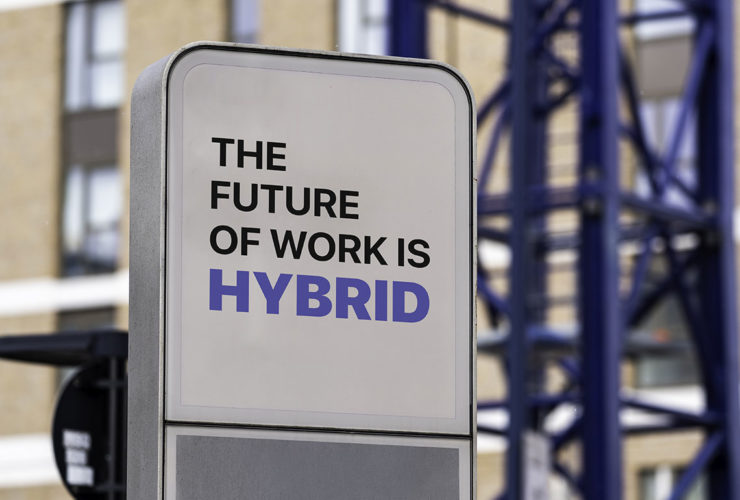Are you unsatisfied with the caliber of your company’s IT hires? Are you losing top IT candidates to other employers?
If you answer “yes” to either of those questions, there’s a good chance your company is making one or more of the three biggest technical interviewing mistakes. Let’s check them out.
MISTAKE NO. 1: Your Interview Questions Aren’t Behavioral-Based
It’s critical for employers to identify during interviews if candidates will succeed in a given role. Yet, as Google HR Guru Laszlo Bock details in a fascinating article, “Here’s Google’s Secret to Hiring the Best People,” some employers ask questions that are worthless in determining if candidates are the right fit. Some examples: “What is your greatest strength?” “What is your greatest weakness?” “How many golf balls would fit inside a 747?”
Others make more of an effort to learn about candidates’ skills, but commit the error of focusing on theoretical questions. Quality answers to such questions only show that candidates understand theory, and have limited value in helping determine if candidates can successfully perform the job.
Instead, ask behavioral questions. The common-sense idea behind this approach is that the best indicator of future job performance is past job performance. What are behavioral questions? They are often introduced with phrases like “Tell me about a time…” Here are two examples Bock provided:
- Tell me about a time your behavior had a positive impact on your team.
- Tell me about a time you effectively managed your team to achieve a goal. What did your approach look like?
The behavioral approach is vastly superior to traditional-style interviews, studies have consistently found. For example, a University of Notre Dame study found that behavioral interviews are 55% predictive of future on-the-job behavior, compared to just 10% for traditional interviews.
MISTAKE NO. 2: Your Interviewing Process Takes Too Long
A 2017 Glassdoor study found that the average job interview process in the United States takes 23.8 days. Meanwhile, as we noted in a recent post, IT professionals in high demand receive four to six job offers per week, according to Robert Half.
Combining the data, if you have an average-length interview process, IT pros in high demand could receive close to 20 other job offers during the process. So clearly, having a long interviewing process can make it harder to land top IT talent.
Here is a list of some of the key consequences of an overly long interviewing process:
- Lower quality hires—Key talent goes to other employers.
- Worse candidate experience—A slow process frustrates candidates. Delayed interviews also can indicate to candidates that they aren’t a priority, especially when other employers schedule interviews quickly.
- Lower acceptance rates—Other employers have more time to poach candidates.
- Reduced productivity—Longer time to hire means projects don’t get completed.
A common cause of overly long technical interviewing processes is it can take a week or more to determine when members of internal interviewing panels can fit in an interview. If you decrease the length of time it takes to schedule, conduct, and score a candidate’s technical skills, your company will gain a competitive edge in the war for the best and brightest technical talent.
MISTAKE NO. 3: Shortcutting the Process
While you want to have an efficient technical interviewing process, it’s essential not to use shortcuts that spoil the results of the process. Shortcuts include not having standards for your technical interviews (e.g., not having common questions, not having common rating scale) or even not having technical interviews at all.
The consequences of spoiling the results are severe: you end up hiring the wrong people. With IT hires, that leads to frustrated co-workers, frustrated customers, key projects not getting completed, etc. Eventually it leads to higher turnover, the cost of which alone is estimated at 100-150% of annual salary for technical positions. SHRM has estimated that, factoring in the various consequences, the cost of a bad hire could be as high as five times the amount of the bad hire’s salary. Assuming an average IT salary of $100,000, in IT, the cost could be $500,000 for each bad hire.
Next in this series – How To Stop Playing the Interviewing Guessing Game







